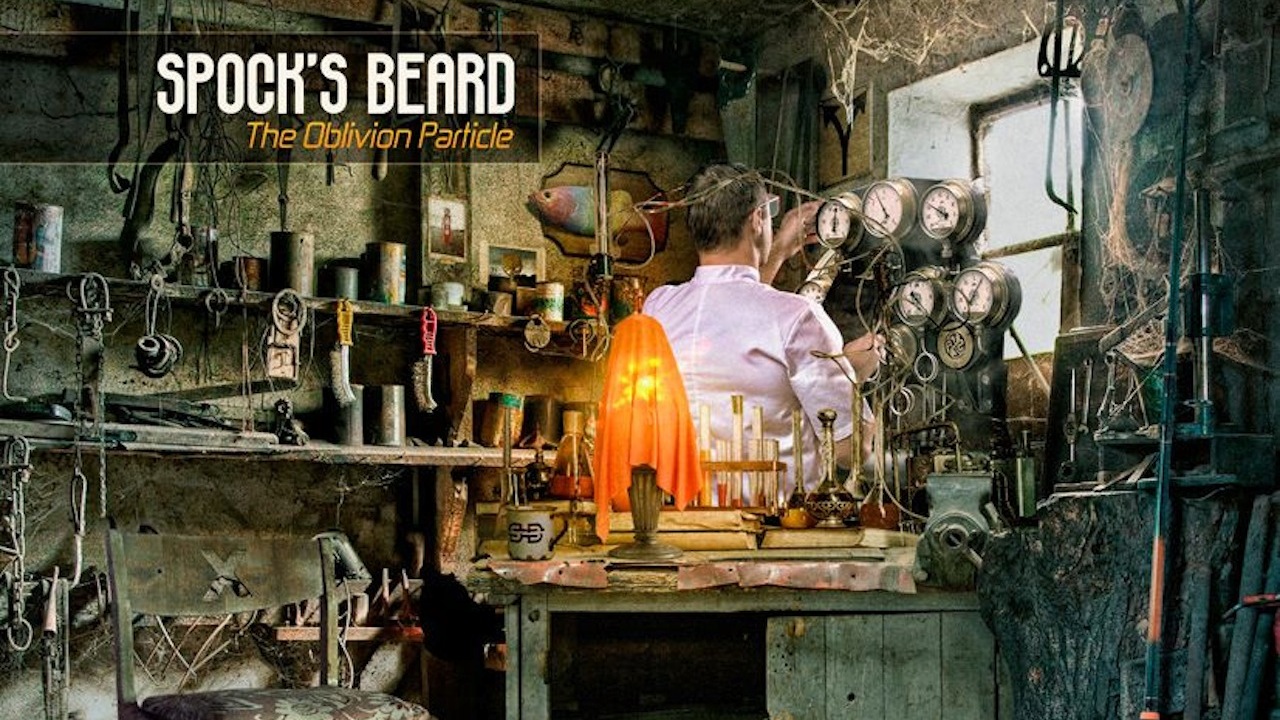You can trust Louder
Spock’s Beard’s lineup has fluctuated during their 23-year history; nevertheless, virtuoso musicianship and technical prowess have been constants, and The Oblivion Particle is no exception. Step this way if you’re into keyboard arpeggios, staccato drumming, space-age bass and ever-shifting dynamics.
Produced by Rich Mouser, John Boegehood and Alan Morse, The Oblivion Particle will appeal to fans of Yes at their most intricate and intense, with the a cappella intro to Minion evoking I’ve Seen All Good People. Dave Meros’ tech-y bass-playing pays inadvertent homage to the late, great Chris Squire, while Ryo Okumoto’s keyboard trills are positively Wakeman-esque.
Peter Gabriel-era Genesis are alluded to in Ted Leonard’s vocals and ELP are evoked in the quasi-classical bombast. Elsewhere, the jazzy piano interlude on the 10-minute To Be Free Again suggests Oscar Peterson jamming with Opeth and the keyboard-as-flute sound on Hell’s Not Enough is well Tull. It may not be original, but as a prog primer it can’t be beat.
Classic Rock 214: New albums M-Z
Sign up below to get the latest from Classic Rock, plus exclusive special offers, direct to your inbox!
Paul Lester is the editor of Record Collector. He began freelancing for Melody Maker in the late 80s, and was later made Features Editor. He was a member of the team that launched Uncut Magazine, where he became Deputy Editor. In 2006 he went freelance again and has written for The Guardian, The Times, the Sunday Times, the Telegraph, Classic Rock, Q and the Jewish Chronicle. He has also written books on Oasis, Blur, Pulp, Bjork, The Verve, Gang Of Four, Wire, Lady Gaga, Robbie Williams, the Spice Girls, and Pink.


